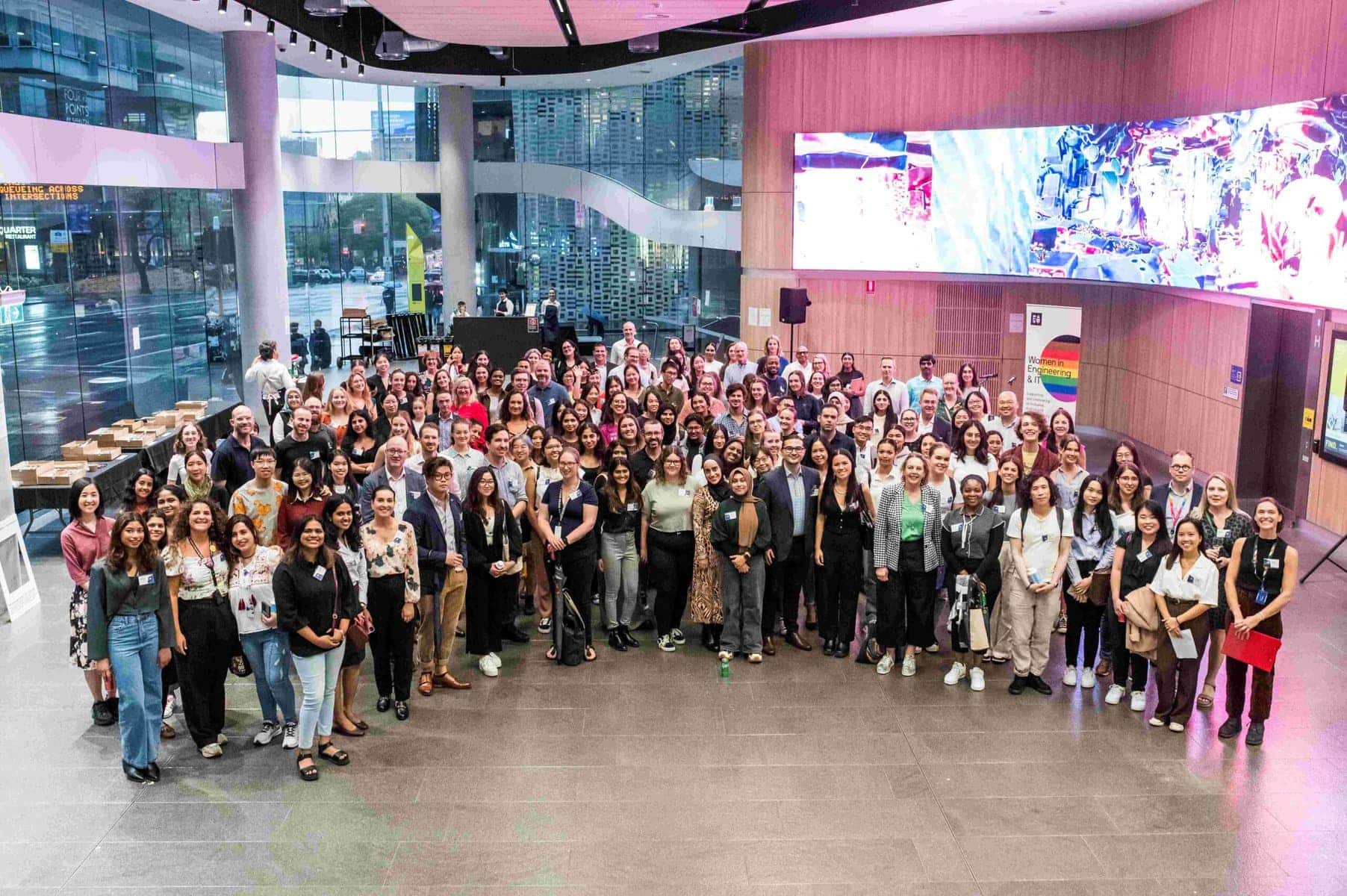According to the 2023 Australian Government report ‘State of STEM Gender Equity 2023’, only 15% of STEM jobs are held by women – an under representation that presents a significant opportunity for organisations to advance female participation in this rapidly emerging field.
As we stride into the future there is no doubt women will play a far more significant role in STEM, driving innovation, competitiveness, and sustainable business growth.
Why Women In STEM Matter, and How Mentorship Enables This
The evidence is in; women bring unique perspectives, skills, and talents to the STEM table, enriching the collective intelligence of teams making them more adaptive, productive and prosperous
Organisations are yet to fully seize the benefits of gender diversity in STEM, and how it unleashes a wealth of untapped potential and cultivates workplace cultures where inclusivity is valued.
For example, at BT we are learning so much through our engagement in the Lucy Mentoring program, a partnership with the University of Technology Sydney (UTS), supporting female STEM students with access to mentors in the industry.
The Lucy Mentoring program, which began in 2010, has since supported 890 mentees championed by 912 industry-expert mentors. The year-on-year results are promising, with the 128 mentees in 2023 reporting that:
- 75% felt they have relatable mentors in their field after completing the program, compared with only 26% feeling this way prior
- 85% felt confident enough to put their hand up for opportunities in their field after taking the mentoring program, compared to only 49% prior
- 71% felt confident about building their professional network in STEM as a result of the program, compared to only 21% prior
- Additionally, a substantial number received job interviews and continued their mentoring relationships post-program.

Image: The Lucy Mentoring cohort of 2023 with mentors at University of Technology Sydney | Image Credit: University of Technology Sydney
At BT our Senior Cyber Security Sales Specialist Venessa Smith, who’s been both a mentee in STEM and now a mentor said, “…the mentorship experience has provided me with confidence, guidance, and encouragement to navigate the complexities of a career in STEM. It’s played a vital role and given me a foundation for personal and professional growth, alongside invaluable resources, and support.”
“I certainly feel confident taking the next leaps of my career because I have trusted advisors around me who provide honest feedback, helping me grow and develop.”
“Being part of the Lucy Mentoring program now as a mentor, allows me to support and empower young women to pursue careers in STEM, too.” she said. “I believe when we invest in mentoring women, we’re ensuring a future pipeline of STEM professionals that is more inclusive.”
How Mentorship Inspires Inclusion
The challenge is to inspire a culture of inclusion, and that means empowering more women to succeed in STEM.
More women need more access to resources, mentorship, and opportunities – cultures where diversity is celebrated, and barriers to participation are dismantled.
As Venessa reflects on the impact of her career in STEM; “Women in STEM serve as role models and inspiration for future generations, encouraging young women to pursue careers in STEM, whilst challenging stereotypes about who can excel in these fields.”
“By embracing the contributions of women in STEM, society stands to gain from enhanced creativity, innovation, and the fulfillment of untapped potential across a wide spectrum of human endeavor, scientific and technological pursuits.”
Because when we harness the potential of women in STEM we drive innovation, foster creativity, and unlock opportunities for growth and prosperity. Women in STEM isn’t just a matter of equality or a nice to have – it’s a strategic imperative benefitting society as a whole.






